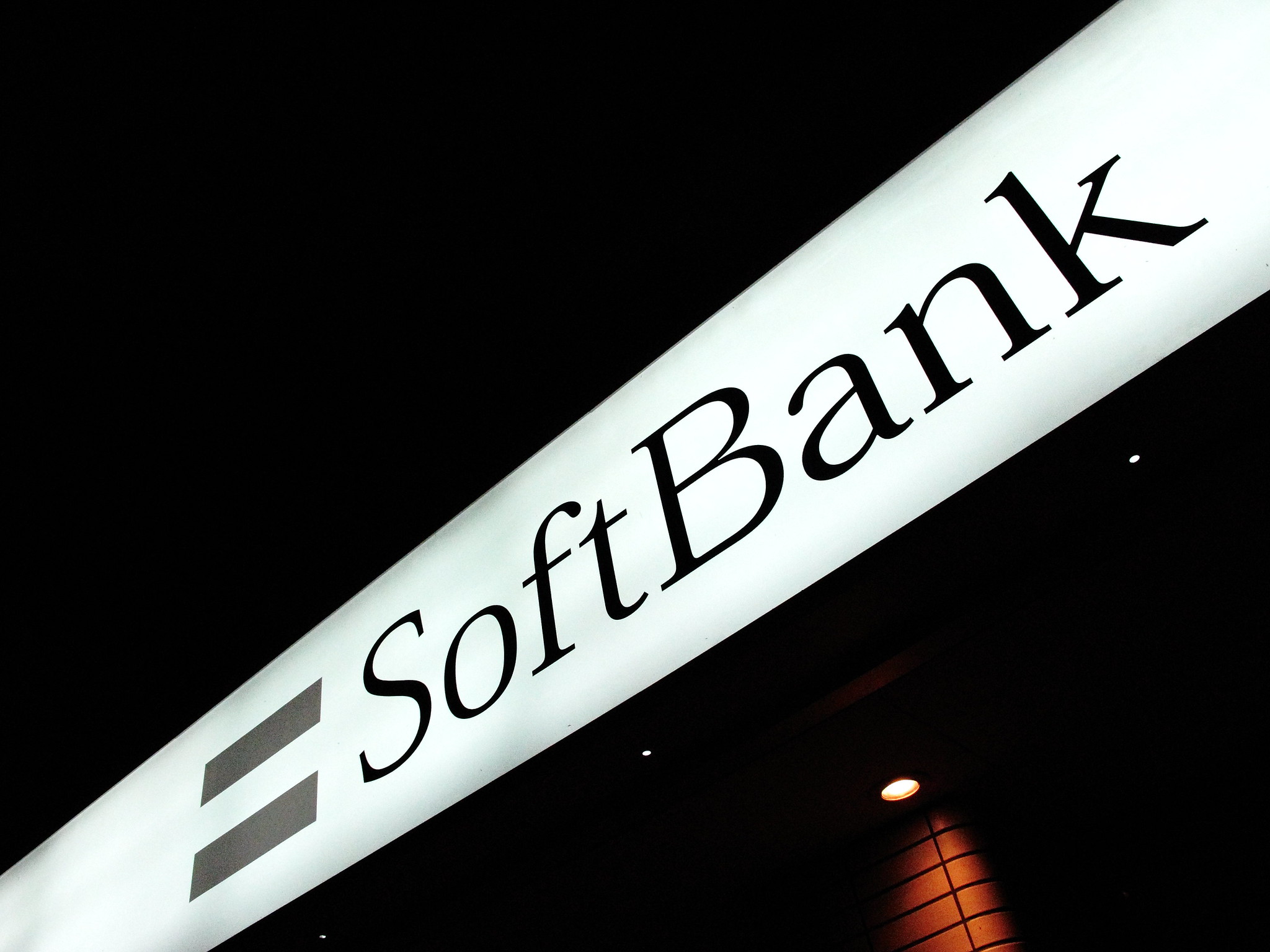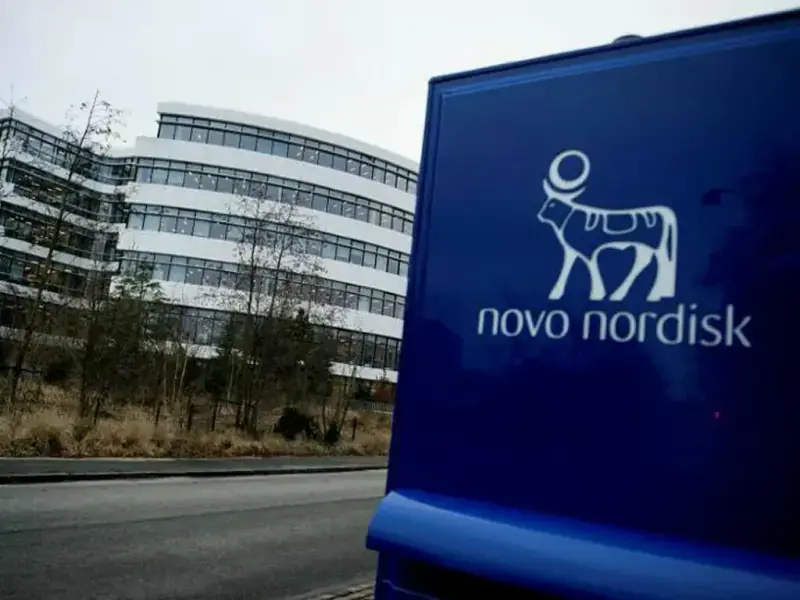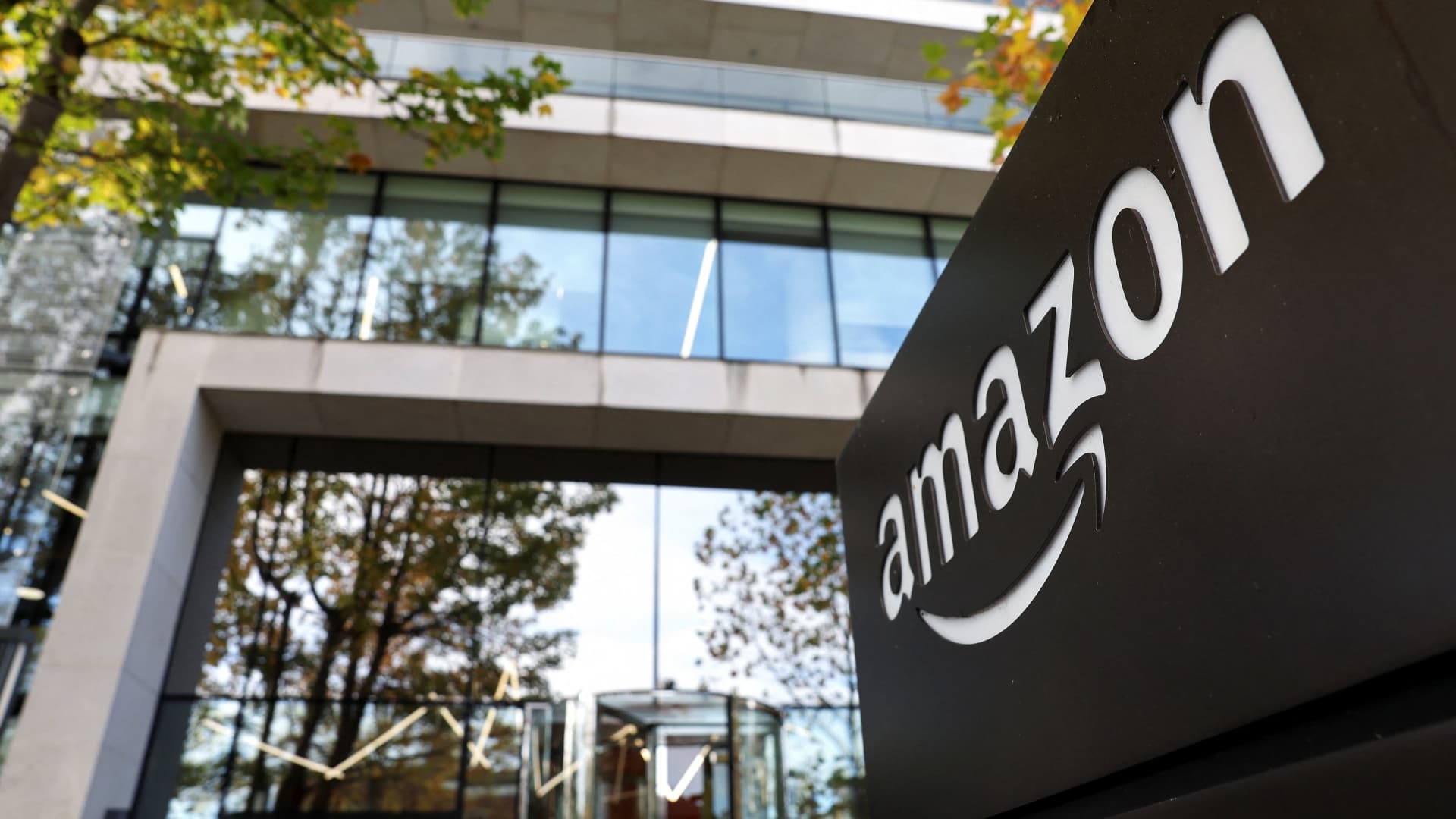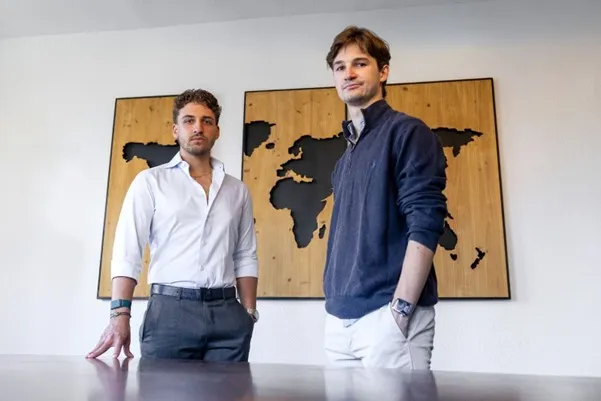Copyright SiliconANGLE News

SoftBank Group Corp. has sold its entire remaining stake in Nvidia Corp. in order to raise funds for its promised $22.5 billion investment in ChatGPT maker OpenAI Group PBC. The Japanese company said in its latest financial earnings report that it sold all 32.1 million shares it held in Nvidia last month, raising $5.83 billion. It also offloaded part of its stake in the wireless carrier T-Mobile USA Inc. for $9.17 billion. The sale, along with money raised from a recent margin loan on SoftBank’s holding in the British chip designer Arm Holdings Plc, will help provide much needed cash for the company’s commitment to OpenAI, which was made earlier this year. SoftBank Chief Financial Officer Yoshimitsu Goto told investors during a presentation that the company wants to provide lots of investment opportunities while still maintaining financial strength. “So through those options and tools we make sure that we are ready for funding in a very safe manner,” he said, adding that the sales were part of the company’s “asset monetization” strategy. Contrary to some reports that the sale means SoftBank is going “all-in” on OpenAI, that’s not really the case, for SoftBank still has plenty of other investments besides the artificial intelligence company, including its stakes in Arm and Ampere Computing LLC, which it acquired for $6.5 billion earlier this year. It’s also said to be negotiating an investment in ABB Group’s robotics unit. Rolf Bulk, a research analyst at New Street Research, told CNBC that the sale doesn’t necessarily mean SoftBank has taken a negative stance on Nvidia or the broader artificial intelligence industry. “It should be seen in the context of SoftBank needing at least $30.5 billion in capital for investments in the Oct-Dec quarter, including OpenAI and Ampere,” he said. “That amounts to more in a single quarter than it has invested in aggregate than over the two prior years combined.” In any case, SoftBank’s fortunes are entwined with those of the AI industry for the foreseeable future, for it’s tied up in a number of ventures focused on building the infrastructure required by companies like OpenAI. For instance, it’s one of the biggest backers of OpenAI’s $500 billion Stargate initiative, which aims to build multiple data centers in the U.S. over the next few years. It has also invested in a number of startups across the AI supply chain through its technology focused Vision Fund. “The reason we were able to have this result is because of September last year, that was the first time we invested in OpenAI,” Goto said. SoftBank’s stake in OpenAI is significant. In the wake of that last month’s recapitalization and OpenAI’s latest valuation of $500 billion, the additional $22.5 billion investment will see its ownership of the company rise from 4% to 11%. The company could yet increase its stake in OpenAI further, depending on its future performance and the valuation of future investment rounds, according to an anonymous source familiar with its dealings told CNBC. However, the source said SoftBank probably wouldn’t go beyond a 40% equity ownership, as that would amount to a controlling stake in the company, which is something it tends to avoid, the person said. The decision by SoftBank to sell off its stake in Nvidia may have surprised some investors, but it’s not without precedent. In fact, it’s the second time the Japanese company has opted to do this. SoftBank first invested in Nvidia back in May 2017 via its Vision Fund, and reportedly amassed a $4 billion stake in the chipmaker before offloading everything in January 2019. However, it later reinvested in the company prior to the beginning of the current AI boom, benefitting from substantial gains as a result of Nvidia’s rampant growth in the last three years. The chipmaker’s market capitalization currently stands at $5.03 trillion, making it the world’s most valuable publicly traded company. Photo: SoftBank



